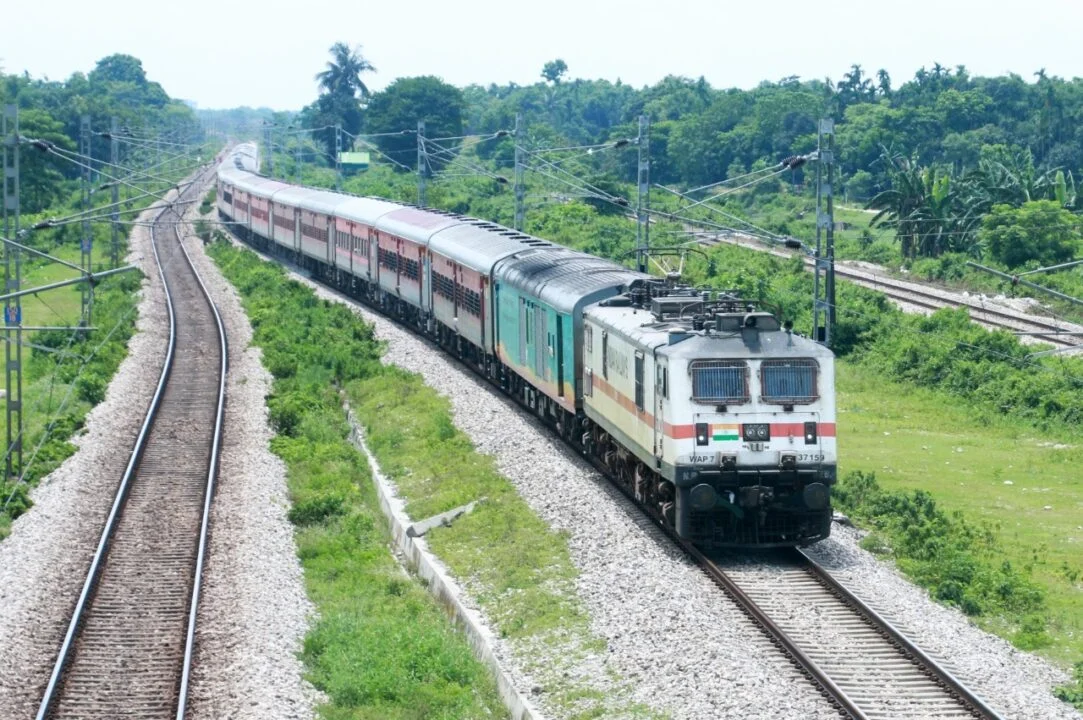Enhanced rail connectivity for Diphu, a vital administrative and commercial hub in Karbi Anglong, remains unfulfilled, despite official approval for a stoppage of the prestigious 12423/12424 New Delhi–Dibrugarh Town Rajdhani Express. This puzzling inaction, eight months after ministerial endorsement, raises critical questions about administrative efficiency and equitable service delivery within Indian Railways. The delay directly impacts the socio-economic mobility of residents, undermining efforts to foster sustainable and inclusive growth in this crucial North Eastern region, despite clear high-level political intent.
The genesis of this issue traces back to July 20, 2024, when Amarsing Tisso, Member of Parliament from the Diphu Lok Sabha constituency, formally petitioned Union Minister for Railways, Communications, Electronics & Information Technology, Ashwini Vaishnaw. Highlighting Diphu’s strategic importance, MP Tisso underscored the pressing need for a Rajdhani Express halt to facilitate smoother travel and boost regional development. The Union Minister responded positively on May 28, 2025, conveying support, and subsequently, the Joint Director (Coaching) of the Railway Board directed the General Manager of North Frontier Railway (NFR) and other concerned divisional authorities to implement the necessary arrangements. This robust governmental process, moving from local representation to central approval and then down to zonal directives, typically signifies an imminent public service enhancement.
However, the journey from policy approval to on-ground implementation appears fraught with inexplicable bureaucratic inertia. Despite explicit directives from the highest echelons of the Railway Board, local NFR officials and divisions have reportedly taken no discernible action. There has been an alarming lack of communication or initiative, leaving local citizens and public representatives in a state of growing discontent. This operational bottleneck effectively negates the political will to connect this regional centre more effectively to the national capital, thereby hindering the broader objectives of balanced economic development and social equity across the nation. The absence of a clear timeline or explanation from the NFR adds to public frustration, eroding trust in the administrative machinery.
For a town like Diphu, improved high-speed rail access is not merely a matter of convenience; it is a critical enabler of equitable growth and sustainable urbanisation. A Rajdhani Express halt would significantly reduce travel times and costs for residents accessing educational institutions, healthcare facilities, and business opportunities in distant metropolitan areas. This enhanced connectivity stimulates local commerce, attracts investment, and boosts tourism, thereby contributing to job creation and empowering local communities. This includes vulnerable segments like women and marginalised groups, by expanding their access to a wider array of services and markets. Such efficient rail transport also supports the national agenda of reduced carbon emissions by encouraging a shift away from less sustainable modes of long-distance travel, aligning with the vision of zero net carbon and eco-friendly cities.
The prolonged administrative lapse has drawn sharp criticism from various local leaders and organisations, who are openly questioning the accountability of railway officials in translating high-level policy approvals into tangible service delivery. This situation underscores a broader challenge within large public sector undertakings: ensuring that directives cascade effectively through bureaucratic layers to yield prompt results. The inconvenience faced by the people of Diphu and surrounding areas, compelled to continue travelling to distant junctions like Dimapur or Lumding for Rajdhani services, highlights a clear disconnect between policy intent and ground reality. This gap impedes not just individual mobility but also the collective progress of an entire region.
Local citizens and public representatives have now urgently called upon the Ministry of Railways to intervene directly. They demand not only the immediate execution of the sanctioned stoppage but also accountability for the officials responsible for the undue delay. This incident serves as a pertinent reminder that while grand visions for national infrastructure are crucial, their true impact lies in their effective and timely implementation. For India to build truly sustainable, gender-neutral, and equitable cities and regions, it is imperative that administrative bodies demonstrate unwavering commitment to efficient service delivery, ensuring that approved developments translate swiftly into improved lives for its citizens.
Also Read: Lucknow Kanpur May Get High Speed Regional Transit Corridor


